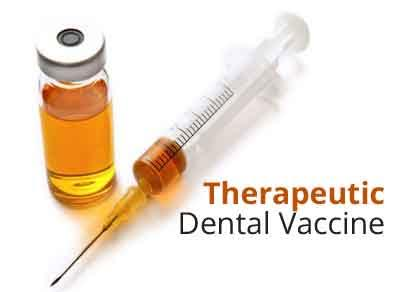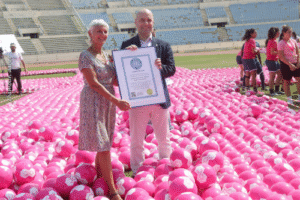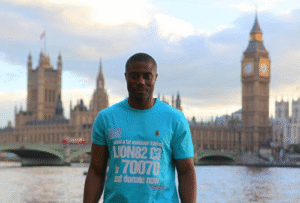In a historic medical breakthrough, scientists have developed the world’s first vaccine to prevent tooth decay, a condition that affects more than 3.5 billion people worldwide. The innovation could soon revolutionize dental care by eliminating cavities before they begin.
Developed by researchers at Wuhan Institute of Virology, the vaccine targets Streptococcus mutans — the primary bacteria responsible for dental caries (tooth decay). In preclinical trials, the vaccine has shown remarkable success in preventing the formation of plaque and reducing acid production, which causes enamel erosion.
The vaccine uses a genetically engineered protein that stimulates the body’s immune response to neutralize harmful oral bacteria, while leaving beneficial microbes untouched. Delivered through a simple nasal spray or injection, it offers long-term protection with minimal side effects.
“This vaccine could shift dentistry from treatment to prevention,” said Dr. Qiang Li, lead researcher on the project.
“Our goal is to make brushing and flossing even more effective by targeting the root cause of decay.”
The vaccine is particularly promising for children and populations with limited access to dental care, where untreated tooth decay remains a major public health issue.
- Reduced need for fillings and extractions
- Lower long-term dental care costs
- Protection from early childhood caries
- Improved oral and systemic health outcomes
The vaccine has completed successful animal trials and is now preparing for human clinical trials, which could begin by early 2026. If proven safe and effective, it could become available to the public within the next 3–5 years.
This breakthrough represents a paradigm shift in oral healthcare — from reactive to preventative. The world’s first tooth decay vaccine could make future generations cavity-free, transforming smiles and lives across the globe.







